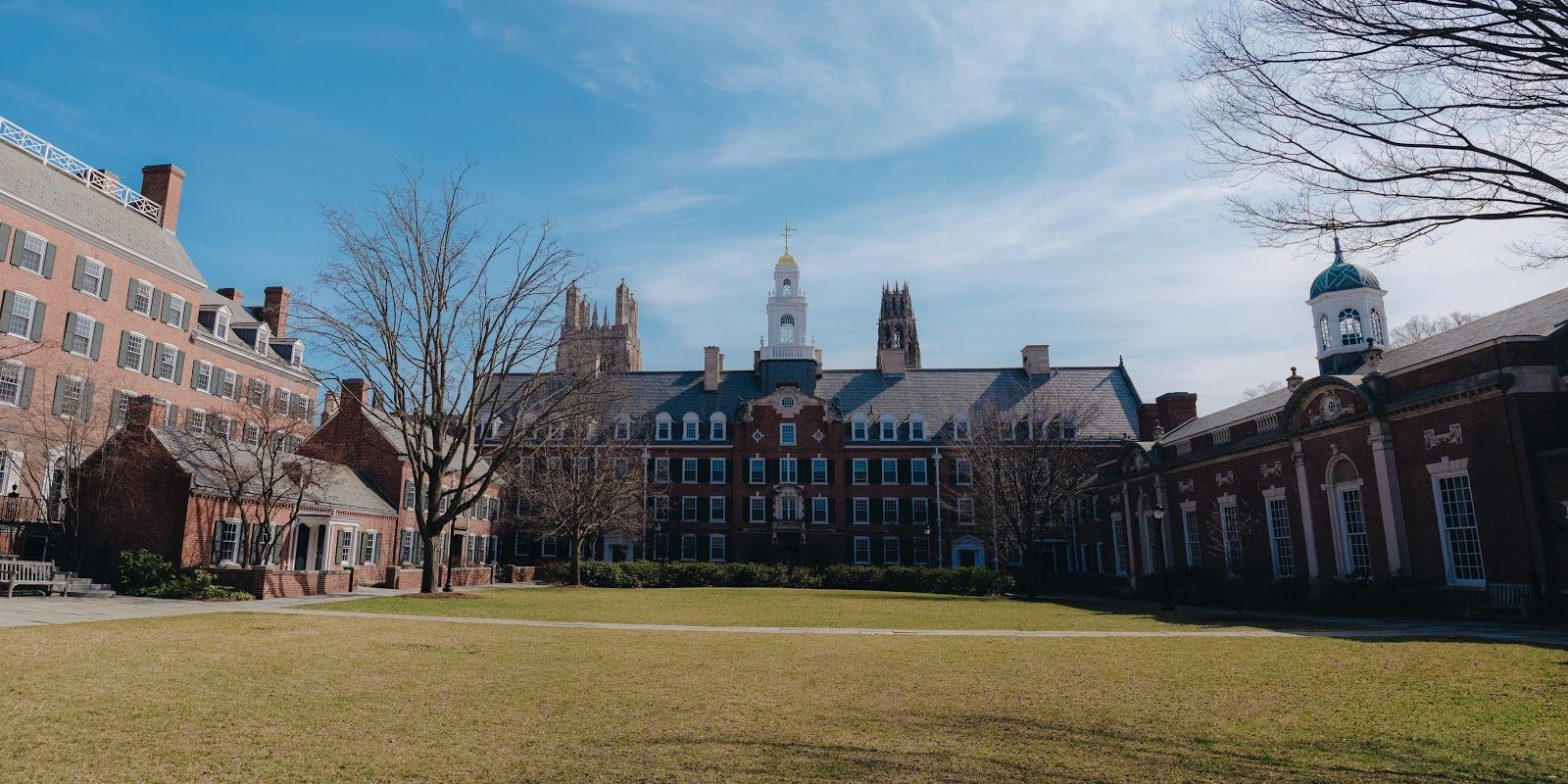After hitting “snooze” for the second time, I’m finally awake enough to check the clock. As usual, I’m not going to make “Bulldog Time.” I hop off my bed, put on my shoes, and start my (unfortunately) routine run from Lawrance Hall to Payne Whitney. I usually sleep in my uniform to save time; sometimes I even crash in the Stiles common room to make the run shorter.
I can’t understate how many of my mornings started like this last spring. Regardless of whether I made it to lift on time or not, however, the consequent effects of waking up to work out at 6:00 a.m. compoundingly rippled throughout my days. After lift came classes, after classes came practice, after practice came meetings, after meetings came homework, and after homework, I started over again. As I slowly unraveled throughout the day, I tried my best to leave behind as few pieces of myself as possible.
Coming home last summer, I presented my African parents with a transcript that seemed alien to them. This couldn’t be the product of a son they’d raised to know that even excellence is not enough.
I’ve grappled a lot with the national conversation concerning Universal Pass given this context. Columbia, MIT, Harvard, and countless other universities have adopted universal pass/fail grading policies to acknowledge our current global predicament. These implementations not only recognize the resources no longer available to students as they work from home, but support those students whose at-home responsibilities leave them unable to engage with their coursework as they would on campus. Unlike a typical pass/fail grading system, Universal Pass additionally alleviates school-related stress by removing the possibility of “failure” — everyone would “pass” every class.
As much as I struggled and stumbled in my first year, I’ve managed to define my second by growth and learning. In light of this, the manner in which I’ve used the lessons from my first year to legitimize my upward trajectory in something tangible — not just my words, but my grades — will prove beneficial as I gradually prepare for a life beyond New Haven. Despite this personal benefit however, I still take pause.
Two weeks ago, student organizers of the Universal Pass movement (#NoFailYale) put together a series of testimonials. As I read one submission after another, the realities of students such as Kevin Chen ‘21 and Clayton Land ‘22 unmistakably affirmed why such a policy is necessary as our university moves through uncharted waters.
In Chen’s case, the COVID-19 pandemic has not only resulted in the closure of his family’s Chinese takeout business, but the loss of student jobs as well. His submission in support of Universal Pass candidly declares, “I’m not going to focus on my classes or do well in them — I am more concerned about my family’s financial stability and survival.”
For Land, home quarantine has meant the loss of public spaces which provide Wi-Fi access. The aggregation of this logistical difficulty with the personal stress that comes from living with and taking care of immunocompromised loved ones coalesces into a powerful demand for Universal Pass. Seeing as my mother was diagnosed with multiple sclerosis in 2005, I especially resonate with this anxiety. Her condition now means that every step outside the house mandates entertaining all avenues of returning with an unintended visitor — the ‘Rona, as my siblings like to call it.
Part of me wants to end this piece advocating for a “middle ground” solution; one where I can selfishly justify receiving my grades, while still underscoring the importance of equity and so on — you know, because I care. Quite honestly, while I’m still unsure whether our future grading policy should ultimately acknowledge the first portion of this semester, I cannot deny that embracing any lens aside from Universal Pass to assess our work moving forward is to overshadow the struggles of the marginalized few for the pursuits of the privileged many.
In spite of the benefits I personally have to gain from ending this semester with grades, our global pandemic necessitates that we diverge from normalcy. If I am faced with a dichotomy between Universal Pass and a policy which propagates a fallacy, I will make the difficult choice which institutions such as Yale compel its students to take seriously. I endorse Universal Pass because I care more for communal equity than I do for personal loss.

